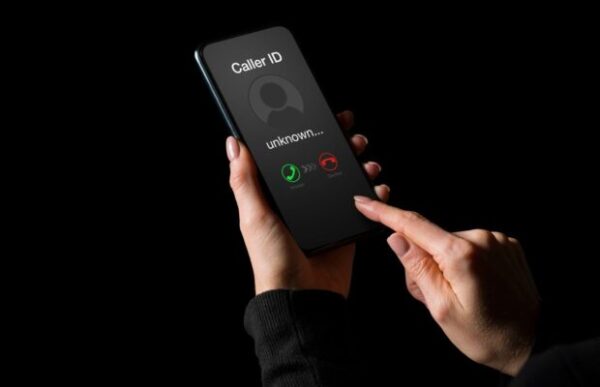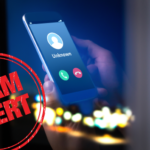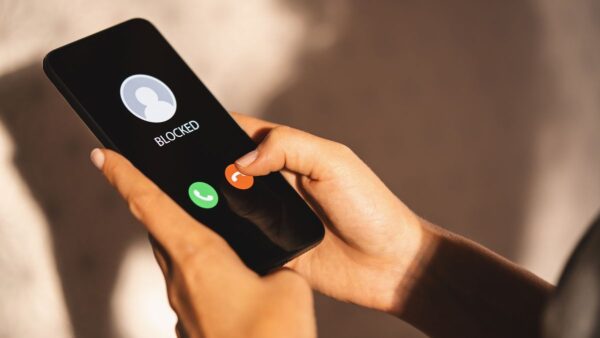Warning: 0120005441, 8008087000, 0120985480, 5031551046, 8009190347, 120999443, 222117258, 120252000, 0120-925-527, 120925318, 120998151, 570005040, 0120988315, 0120991013, 0120988315, 0120989393, 0120633439, 08005003225, 332659022, 120170001, 5088812828, 669104115, 5031599953, 120996085, 120979555, 8002229417, 922615616, 364358073, 8001009127, 5030336342, 120526888, 120917245, 364358073, 0120-252-000, 120868014, 120013175, 671669891, 120397663, 0570 005 040, 0120 247 218, 8007775926, 120426288, 050 3155 1046, 5053704031, 5031213937, 120954484, 0120 999 443, 120952650, 06 6910 4115 and 120961600 in in Japan.
In today’s digital age, communication has become seamless, but it has also given rise to various forms of scams and fraud. One of the common tactics used by scammers is making unsolicited phone calls, often from unfamiliar numbers. In this article, we will discuss the need to be cautious of phone calls from numbers like 0120005441, 0120991013, 8008087000, 5031551046, 8009190347, 0120985480, and 120999443 in Japan. We’ll provide you with essential information, insights, and tips on how to protect yourself from potential scams.
Recognizing the Warning Signs
It’s crucial to be able to identify potential threats when receiving calls from unfamiliar numbers. Here are some warning signs to watch out for:
- Unsolicited Calls: If you didn’t expect a call from a specific number, exercise caution.
- High-Pressure Tactics: Scammers often use aggressive language or threats to manipulate you.
- Asking for Personal Information: Legitimate organizations won’t ask for sensitive information over the phone.
- Too Good to Be True Offers: Be skeptical of calls promising incredible deals or prizes.
- Caller ID Spoofing: Scammers can make their calls appear to come from a different number.
- Immediate Payment Demands: Scammers may insist on instant payments, especially via unconventional methods like gift cards.
The Rise of Phone Call Scams
Phone call scams have been on the rise globally, and Japan is no exception. Scammers use various tactics to deceive individuals and steal their money or personal information. Understanding the types of scams they employ is essential in protecting yourself:
Impersonation Scams
Scammers may pretend to be government officials, law enforcement, or representatives of well-known companies. They might claim that you owe taxes, have legal issues, or have won a contest to gain your trust. Always verify the caller’s identity and contact the relevant authority independently if necessary.
Phishing Scams
Phishing scams aim to trick you into revealing personal information or login credentials. Be cautious if you receive a call asking for sensitive data such as your bank account details, Social Security number, or passwords. Legitimate organizations won’t request such information over the phone.
Investment Scams
Some scammers pose as financial advisors offering lucrative investment opportunities. They may pressure you into making hasty decisions. Always research thoroughly and consult a trusted financial advisor before investing.
Tech Support Scams
Tech support scammers claim that your computer has a virus or technical issue, and they need remote access to fix it. Never grant remote access to your device to an unsolicited caller. Legitimate tech support providers won’t contact you in this manner.
Protecting Yourself
Now that you’re aware of the potential risks, here are some essential steps to protect yourself from phone call scams:
- Stay Informed: Keep up-to-date with the latest scams and fraud tactics.
- Use Call Blocking: Most smartphones offer call-blocking features. Use them to filter out unwanted calls.
- Verify Caller Identity: Ask for identification and contact information. Call back using official numbers obtained independently.
- Be Skeptical: If something sounds too good to be true, it probably is. Trust your instincts.
- Protect Personal Information: Never share sensitive information over the phone unless you initiated the call.
- Report Scams: If you encounter a scam, report it to your local authorities and relevant consumer protection agencies.
FAQs
Q 1: Can scammers access my personal data if I answer their calls?
No, simply answering a call won’t compromise your personal data. However, it’s crucial not to share sensitive information or engage with suspicious callers.
Q 2: What should I do if I’ve already fallen victim to a phone call scam?
If you’ve shared personal information or made payments to a scammer, contact your bank, change your passwords, and report the incident to the authorities immediately.
Q 3: Are there specific numbers to watch out for, such as 0120005441 or 8008087000?
While certain numbers may be associated with scams, scammers can use various numbers. Always exercise caution with unfamiliar callers.
Q 4: Can I trust caller ID information?
Caller ID can be spoofed, so it’s not always a reliable indicator of a caller’s identity. Always verify independently if you have doubts.
Q 5: Are there any government initiatives to combat phone call scams?
Yes, many governments and consumer protection agencies are actively working to combat phone call scams and raise awareness about them.
Q 6: What should I do if I receive a suspicious call?
If you receive a suspicious call, hang up immediately. Do not engage with the caller, and consider blocking the number.
Conclusion
In a world where communication is more accessible than ever, it’s crucial to be vigilant when it comes to unsolicited phone calls. Phone call scams can target anyone, and staying informed and cautious is your best defense. Remember the warning signs, protect your personal information, and report any suspicious calls to ensure your safety in an increasingly interconnected world.





